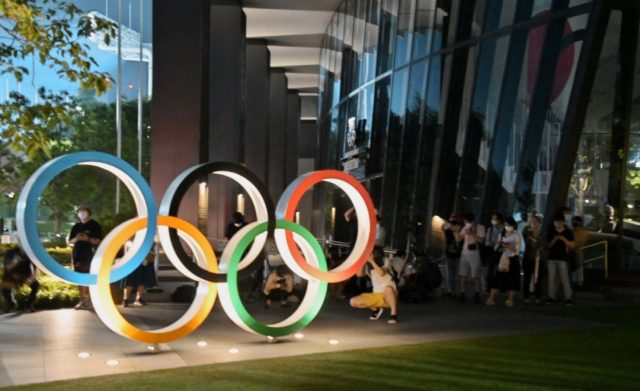April 5 (UPI) — A new technique to test for doping is being unveiled Monday at the spring session of the American Chemical Society that aims to detect performance-enhancing drugs that are difficult to distinguish from natural molecules.
“If we can develop methods to identify any theoretical steroids in the future, we could dramatically reduce doping because we would be able to detect these new species immediately, without the lag time that’s been associated with anti-doping testing over the last 40 years,” Christopher Chouinard, Ph.D., the project’s principal investigator, said in a news release.
The testing technique, developed by the Florida Institute of Technology, aims to differentiate between naturally occurring hormones that may be difficult distinguish from those meant to mimic them.
The technique comes as designer steroids continue to be developed with an aim at thwarting testing procedures.
“As quickly as we develop methods to look for performance-enhancing drugs, clandestine labs develop new substances that give athletes a competitive advantage,” Chouinard said.
The difference between Florida Institute of Technology’s test and others is that it further breaks down isomers in molecular chains to determine the origins of the chemical structures and determine which, if any, were introduced to the body rather than naturally occurring.
The testing requires further breakdown of molecules and requires an ion mobility spectrometer, which costs ups to $1 million per device. The test itself is a urine test applied to a test strip before being fed into spectrometer.
Due to the high cost associated with such testing, Chouinard has suggested researchers may seek support from the Partnership for Clean Competition, which provides grant funding for athletic testing.
Most labs use tandem mass spectrometry, a less expensive and less precise way to test. Florida Tech’s technique combines tandem mass spectrometry with ion mobility spectrometer for a more thorough view of the original of suspect molecules.
Chouinard and the rest of the team are set to discuss their findings at Monday’s conference.
The testing comes as the 2020 Summer Olympics approach, July 23 to Aug. 8 in Tokyo.
Japan was originally scheduled to host the Olympics last year, but the games were postponed due to the COVID-19 pandemic.
Russia has been banned from the next two Olympic competitions in the wake of several doping scandals.

COMMENTS
Please let us know if you're having issues with commenting.